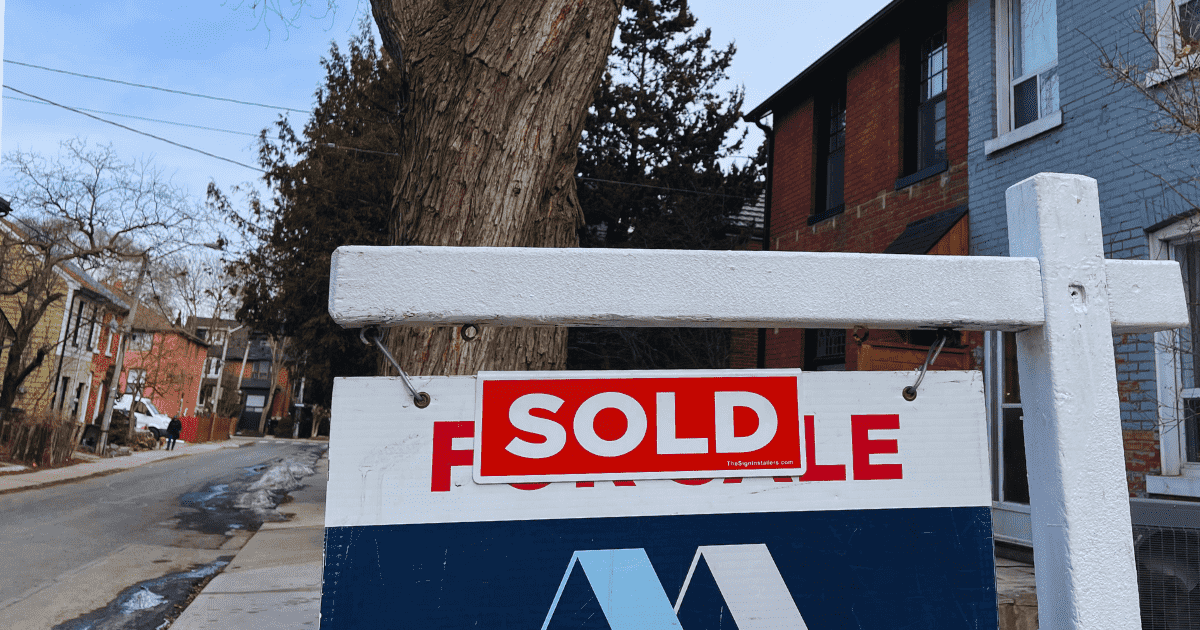[quote_box_center]“Nothing is worth doing unless the consequences may be serious.” – George Bernard Shaw[/quote_box_center]
You’ve educated your homeowners about the realistic market value range of their property, and you’ve begun to discuss the importance of establishing the best asking price. In this last in this series of articles, which are abridged excerpts from my book, The Happy Agent, I continue on the critical subject of establishing the right asking price.
To win a listing, hungry, unprepared or unskilled agents sometimes succumb to a homeowner’s demand for what is an improbable sale price and proceed to pray for a miracle. It’s the easiest route, but rarely the wisest. Or not expecting it to sell without a price reduction, treat it as a lead generator. Pragmatically speaking, even though I believe the latter to be an ignoble practice, it can be a cheaper way to add to your stable of buyers than newspaper advertising.
Sellers fall into two categories; those who are genuinely committed to selling and will negotiate fair market value for their property, and those who refuse to sell unless they get their price. Most expired listings obviously fall into the second group. Before accepting a listing, determine into which category your prospective seller falls.
If the odds of selling are poor, I suggest that you seriously consider declining the listing. Or if the would-be but unrealistic sellers are of earnest intent, you could relent and accept it, but with provisions. In exchange for consenting to list their property, they understand and agree that you’ll extend a minimum of effort and expenditure during the marketing process. Or if the listing fails to sell within sequential time frames of, say 30 days, they agree – in advance – to a series of price reductions, one for each of those frames.
In many circumstances, however, the agent accepts the listing and implores the seller to be realistic. The problem is that without a solid trust relationship, the seller refuses to accept any responsibility for the failure and blames the agent for not performing a miracle. They reject your expert advice and rebuff your assertion that their listing was effectively exposed as much as every other MLS system listing. They refuse to accept that the market doesn’t lie and that nobody was interested. They desperately cling to their fantasy that the right buyer with faraway eyes has yet to discover their listing.
And when the listing expires, after they’re given the same lower estimate by a competitor, they’re finally convinced. They then list with your competitor, often at the same lower price you’d recommended. To add salt to the wound, following the installation of your competitor’s lawn sign, the property sells quickly! Surprise! You lost the listing and all your time, effort and expense was for nought. The other brokerage gets the credit for the sale and in the minds of the neighbours who watched your sign fade in the sun, you failed.
Before accepting a listing or even a re-list of a competitor’s listing, so that you can make an informed business decision, ask your prospective new seller if they’re interested in selling or just listing. And when they look at you with a puzzled expression, explain the difference.
In a strong seller’s market, a popular strategy, as described earlier, is to deliberately encourage a buyer competition by under-pricing and delaying the presentation of offers for a week or so. Critical ingredients are a trusting seller, an expert and trustworthy agent and a special property in a hot market. Call it the perfect storm. It’s usually a hectic, revolving door week. But if the strategy works, you’ll be presenting multiple offers to a very happy and possibly overwhelmed homeowner. But beware; without the correct conditions, it could back-fire. If only one buyer offers because the hotly anticipated perfect storm proves to be a washout, then you misjudged. The property could end up selling at a lower price. Or you may have to raise the list price, which can discourage future activity.
On the other hand, sometimes a seller prefers to steer clear of an invasive storm in favour of a calm sale. An exclusive listing may be more appropriate for a fragile elderly homeowner, for example, who may not be able to handle being besieged. Or if you already have a prospect, there’s no need to share with competitors.
Your seller, of course, must agree to the limited exposure. But you could be disserving your seller. Yes, the fee may be a little lower for your seller. But by not exposing the property to the much larger marketplace, they could miss a chance for a multiple bid or even one enthusiastic buyer with deep pockets. Maybe a higher sale price could have been realized to make that small commission savings seem paltry.
At no other point during the listing term will you have a greater opportunity to have an impact in the marketplace than when your listing is first uploaded onto the MLS system and you hammer that sign into the lawn for the first time. It’s in the best interests of your seller – and ultimately your own – to be sensible when estimating fair market value and setting an asking price, which as I said, are two distinctively separate functions.
It’s the perfect time to strategize, clarify expectations and set reasonable goals. It’s also the smartest time to get a price reduction.
Be honest and candid during the evaluation process and help them slip their feet into the cool objective shoes of a prospective buyer. For optimum results, the opening list price should be fairly close to the anticipated sale price. If your seller expresses higher hopes, they’ll be reluctant later to lower those expectations because they’ll perceive the reduction as a loss of equity. Since you’ll not sell the property without buyers viewing it, choose the right bait.
After a prolonged period of little activity, you certainly won’t enjoy seeking a price reduction from a disgruntled homeowner. And if that request happens to serendipitously coincide with a bona fide offer from your own buyer who feels their offer terms are fair – and you entirely agree with them – you may have a major challenge convincing your seller that the offer is realistic. They may feel your allegiance has shifted to your new buyer client or that you selfishly want to earn a double commission. Tough sell. Pricing it correctly in the first place might have been easier.
Be worthy of their trust and fulfill your marketing responsibilities as promised. But if those efforts prove fruitless, your seller must understand that the market alone will be the decisive arbiter of fair market value. If they refuse to accept responsibility for their decisions or disregard your price recommendations, they can blame the market and themselves – not you. After all, you’re only the interpreter of a market that is never wrong. They’d be wise to accept realty reality by setting a fair asking price up front and move on with their life.
[quote_box_center]“Few delights can equal the presence of one whom we trust utterly.” – George MacDonald[/quote_box_center]
Ross Wilson is a retired real estate broker with extensive experience as a brokerage owner, manager, trainer and mentor over a highly successful 44-year career. His book, The Happy Agent – Finding Harmony with a Thriving Realty Career and an Enriched Personal Life is available where print and e-books are sold, including the TREB, MREB, RAHB and OMDREB stores. Visit Realty-Voice.com.

















